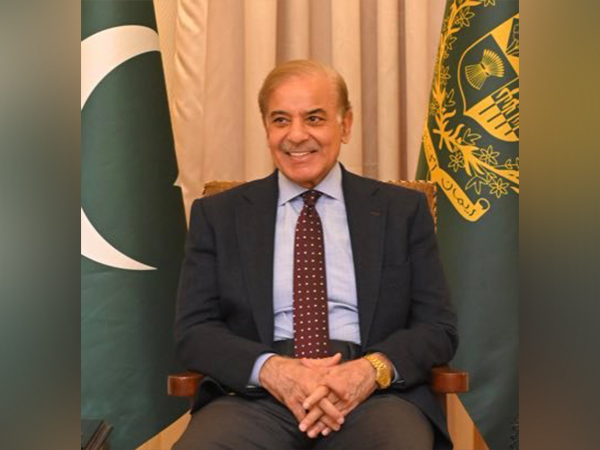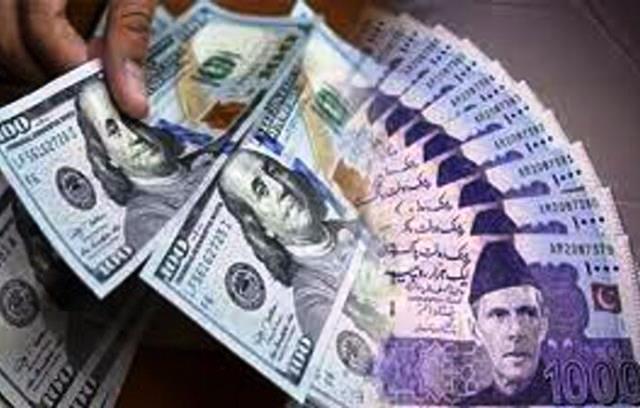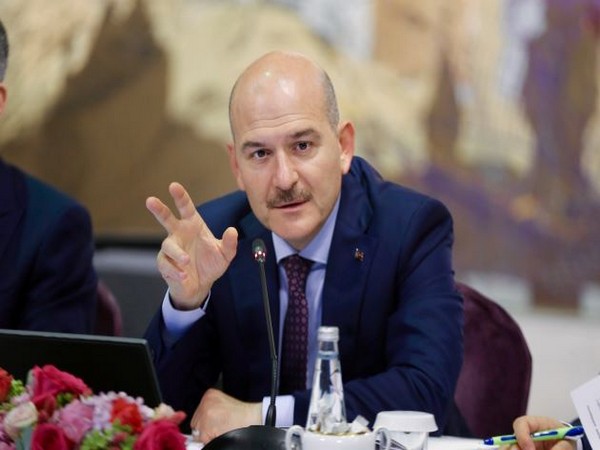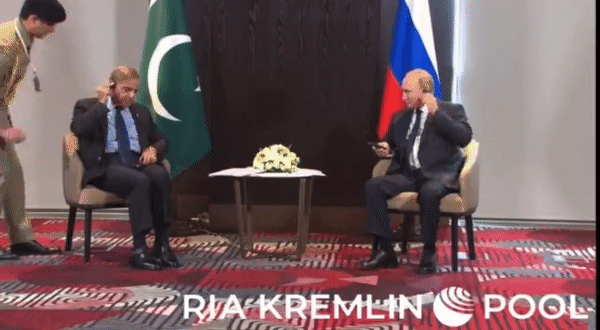Pakistan Prime Minister Shehbaz Sharif will visit China next week along with a high-level delegation, including Foreign Minister Bilawal Bhutto Zardari to meet Chinese President Xi Jinping, and hold delegation-level talks with Premier Li Keqiang.
This would be Shehbaz’s first visit to China since assuming office in April this year and follows his meeting with Xi in Uzbekistan in September.
“Prime Minister Muhammad Shehbaz Sharif will visit China on 1-2 November at the head of a high-level delegation, including Foreign Minister Bilawal Bhutto Zardari. The Prime Minister is undertaking the visit at the invitation of H.E. Li Keqiang, Premier of the State Council of the People’s Republic of China,” the Pakistan Foreign Ministry said in a statement.
It added that the Pakistan PM will be among the first leaders to visit China following the 20th National Congress of the Communist Party of China, where Xi secured his third term as the leader of the party.
“On behalf of the entire Pakistani nation, I congratulate President Xi Jinping on his reelection as CPC General Secretary for the 3rd term. It is a glowing tribute to his sagacious stewardship and unwavering devotion to serving the people of China,” the Pak PM said in a congratulatory tweet on Sunday.
The Pakistan Foreign Ministry said Sharif’s visit represents the continuity of frequent leadership-level exchanges between the two countries.
“The Prime Minister will meet with President Xi Jinping and hold delegation-level talks with Premier Li Keqiang. The two sides will review the All-Weather Strategic Cooperation Partnership and exchange views on regional and global developments,” the Pak foreign office said.
“The visit is also expected to advance the wide-ranging bilateral cooperation agenda with the conclusion of a number of MoUs/Agreements in diverse areas, and consolidate the momentum of CPEC cooperation in the wake of the 11th meeting of the CPEC Joint Cooperation Committee (JCC) on 27th October 2022,” it added.
Earlier this week, media reports said Pakistan and China are set to start three new corridors in addition to the multi-billion-dollar China-Pakistan Economic Corridor (CPEC).
The formal launch of the projects, which include health and digital corridors, could take place during Shehbaz Sharif’s China visit, according to The News International newspaper.
Citing unidentified sources, the Pakistan daily said the new corridors would become sources of strengthening Pakistan-China ties and would provide a new unshakable bond of the proximity of the two nations. (ANI)
Read More:http://13.232.95.176/





